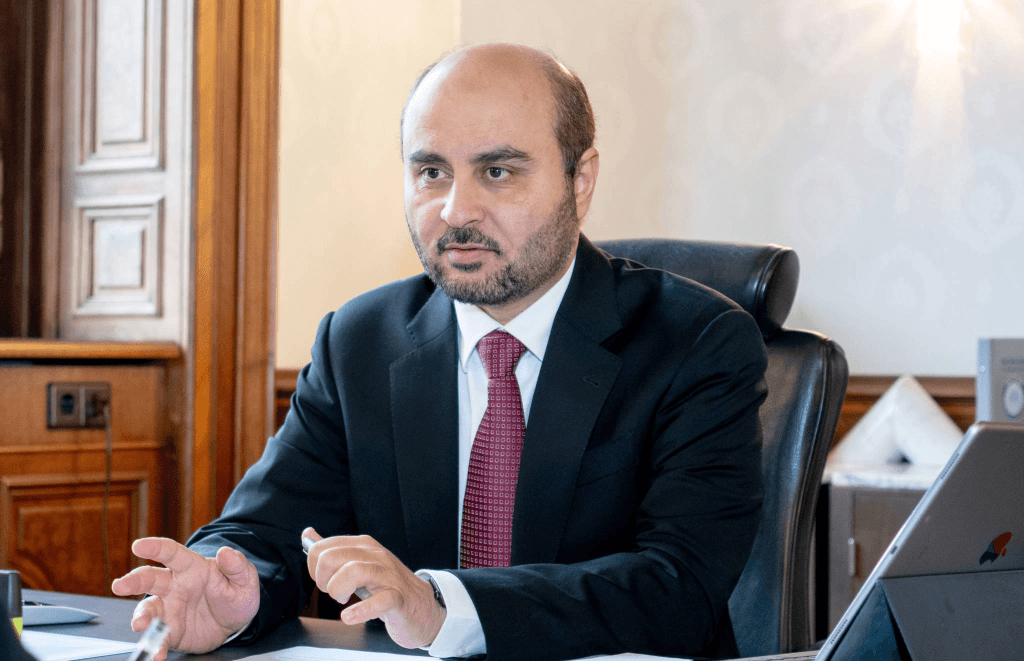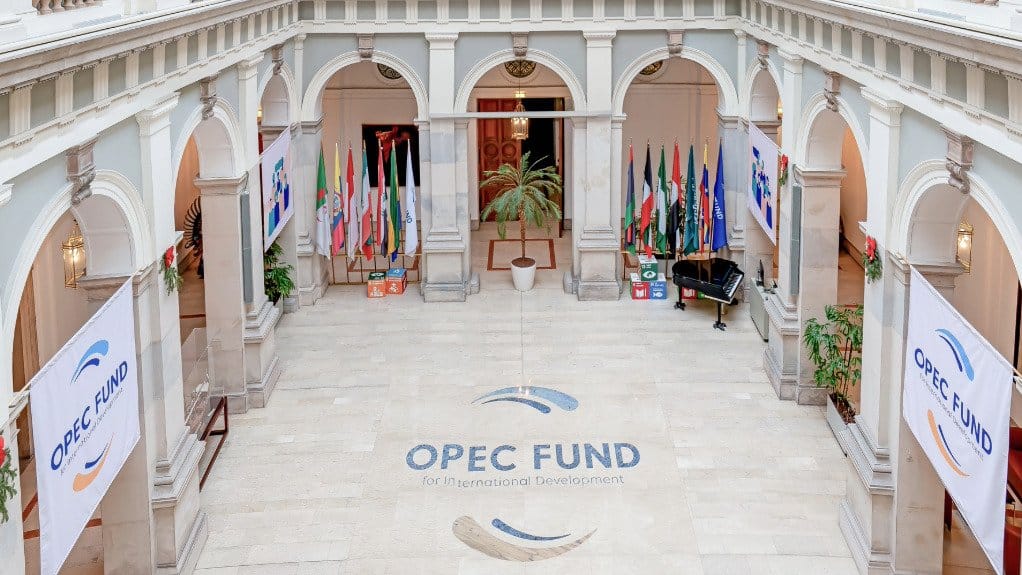• Five-year cooperation agreement worth up to US$450 million signed at FII9 in Riyadh
• Partnership expands financing for renewable energy, water desalination, and green hydrogen in developing nations
• Builds on $300 million in prior joint projects spanning Jordan, Egypt, Uzbekistan, and Azerbaijan
Riyadh Launches Deepened Energy Alliance
The OPEC Fund for International Development and Saudi-based utility developer ACWA Power have entered a new five-year partnership agreement worth up to US$450 million to accelerate investment in clean energy, desalinated water, and green hydrogen projects across emerging markets.
The deal, announced at the 9th Future Investment Initiative (FII9) in Riyadh, strengthens both institutions’ shared objective of scaling sustainable infrastructure and advancing climate-resilient growth in the Global South.
OPEC Fund President Abdulhamid Alkhalifa described the expanded collaboration as a model of South–South cooperation, citing tangible results from earlier partnerships that delivered affordable, low-carbon energy to millions. “This new agreement takes our collaboration to the next level,” he said. “It expands our joint efforts across renewable energy, water, and green hydrogen to help partner countries achieve sustainable growth and resilience.”


Financing Expansion in Emerging Markets
Since their first collaboration in 2016, the OPEC Fund and ACWA Power have co-financed six major energy and water projects across Jordan, Egypt, Uzbekistan, and Azerbaijan. The OPEC Fund has already contributed nearly US$300 million in financing to those projects, helping governments diversify energy supply and increase reliability while cutting costs and emissions.
The new framework allows both organizations to scale investment through co-financing structures and innovative funding mechanisms. By leveraging concessional finance from the OPEC Fund alongside ACWA Power’s project development expertise, the partnership is expected to unlock greater private-sector participation in countries facing constrained access to climate finance.
For developing economies under rising fiscal and climate pressures, such blended models are increasingly seen as key to bridging infrastructure financing gaps and achieving the UN Sustainable Development Goals.
RELATED ARTICLE: OPEC Fund Supports Niger’s Solar Energy Development
Integrating Energy and Water Strategies
The agreement aligns with the OPEC Fund’s Green–Blue Connect initiative, which promotes cross-sectoral investment linking renewable energy and water security. By combining clean power with desalination and hydrogen production, both institutions aim to address interconnected challenges — energy demand, resource scarcity, and climate adaptation — within a single development framework.
ACWA Power, one of the Middle East’s leading energy developers, operates in more than a dozen countries and is targeting a tripling of its renewable energy capacity by 2030. It is also expanding its desalination and green hydrogen portfolio, including large-scale projects in Saudi Arabia’s NEOM region and Central Asia.
For the OPEC Fund, headquartered in Vienna with 12 member countries, the partnership supports its strategy to channel capital into climate-aligned infrastructure and strengthen the resilience of low- and middle-income nations.
Global and Regional Implications
The renewed collaboration comes as multilateral lenders and private developers face growing pressure to accelerate the clean energy transition in developing regions. Access to affordable capital remains a critical barrier, particularly for projects involving emerging technologies such as green hydrogen.
By formalizing a long-term framework, the OPEC Fund and ACWA Power are positioning themselves to drive a pipeline of projects that can attract further institutional investment. For policymakers, the model reinforces the importance of aligning public and private finance within credible transition pathways that balance energy security, affordability, and decarbonization.
As both entities expand their reach, the partnership reflects a broader strategic shift: using regional alliances to mobilize climate finance and build local capacity. In an era when energy and water challenges increasingly define economic resilience, such collaborations are set to play an outsized role in shaping the sustainable growth trajectories of emerging markets.
Follow ESG News on LinkedIn

